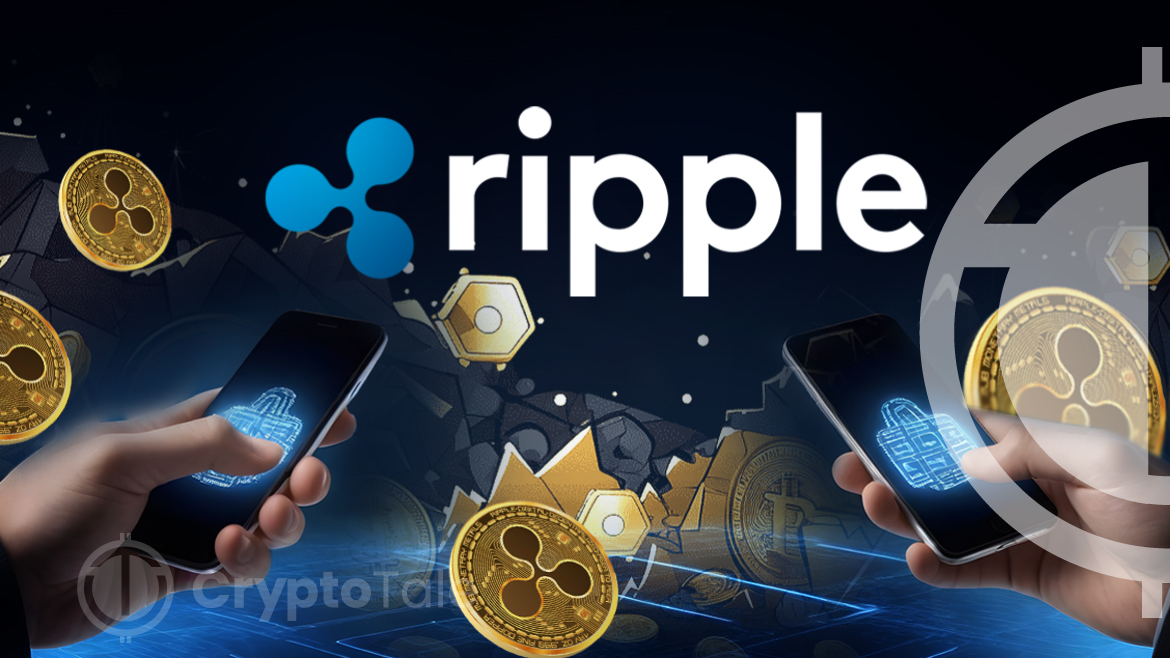- Ripple’s report identifies asset tokenization as a key driver for innovation in the financial sector, with a significant shift from initial blockchain applications.
- The report highlights the importance of developing robust markets and strategies for tokenization, including liquidity, on/off ramps, custody, and compliance.
- A substantial majority of global finance leaders are planning to explore tokenization, recognizing its potential to transform asset management and increase accessibility.
Blockchain payments firm Ripple recently reported on the increasing trend of asset tokenization in the financial sector, marking a significant evolution from the early days of blockchain adoption. This report advances Ripple’s prior analysis of the financial sector’s dynamic shift towards blockchain, further delineating the enduring trajectory of asset tokenization’s revolutionary impact.
The report outlined the necessity for businesses to develop a comprehensive asset tokenization strategy to fully leverage blockchain’s potential. The adoption of tokenization spans several sectors, including financial assets, real estate, ownership documentation, event ticketing, and carbon credits. This approach not only streamlines management and increases the accessibility of assets but also enhances liquidity, thereby boosting business revenue.
One key advantage of tokenization, per Ripple, is the heightened transparency it brings. The immutable nature of blockchain transaction data ensures the security of sensitive information and builds a more reliable ecosystem. Tokenization also democratizes access to various asset classes by lowering entry barriers, such as costs and geographical limitations. This enables the global availability of assets like real estate projects, making them accessible to investors worldwide at more affordable price points.
However, the report noted that the full benefits of tokenization hinge on the development of liquid markets and robust secondary markets for these tokenized assets. The operational efficiencies of blockchain, such as faster transactions and reduced management fees, contribute to these benefits. The XRP Ledger, for example, was highlighted for its role in facilitating over 2.6 billion transactions in real-time without errors for more than a decade.
The report also emphasized the importance of liquidity, on/off ramps, custody, and compliance as foundational elements for successful tokenization strategies. These factors are crucial for businesses to address to ensure the security, legality, and seamless operation of tokenized assets. A notable 72% of leaders surveyed in Ripple’s 2023 New Value Report anticipated exploring tokenization within the next three years to drive innovation.
The report concluded that industries across the board, especially financial institutions and asset management funds, are poised to undergo significant transformations through tokenization. A BNY Mellon survey highlighted in the report supported this view, with 97% of respondents believing in tokenization’s potential to revolutionize asset management. Over half of the global finance leaders surveyed in Ripple’s report plan to adopt digital asset custody within three years, underscoring the growing interest in leveraging the advantages of tokenized assets.












